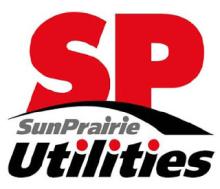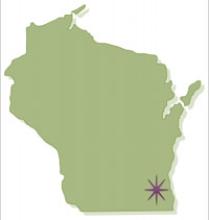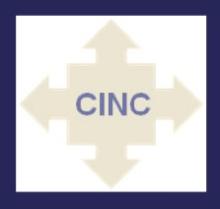In Reedsburg, Expansion Weighed After Muni Fiber Success - Community Broadband Bits Episode 147

The first gigabit city in Wisconsin, Reedsburg, has a municipal fiber network operated by the city-owned electric utility. This week, we talk with General Manager of the Utility Commission, Brett Schuppner. Reedsburg fiber goes back to 2003, which makes it one of the oldest FTTH networks in the nation. Located about an hour outside of Madison, Reedsburg has seen more investment from local industrial businesses because of its fiber network.
They received a broadband stimulus award to expand their network into some surrounding rural areas and are now considering how they can continue expanding the network deeper into surround Sauk County without federal assistance. We talk about what goes into these expansion discussions - what is the dynamic when one community has a great network and the County would like it to expand? Read all of our Reedsburg coverage here.
This show is 13 minutes long and can be played on this page or via Apple Podcasts or the tool of your choice using this feed.
Transcript below.
We want your feedback and suggestions for the show-please e-mail us or leave a comment below.
Listen to other episodes here or view all episodes in our index. See other podcasts from the Institute for Local Self-Reliance here.
Thanks to Persson for the music, licensed using Creative Commons. The song is "Blues walk."









